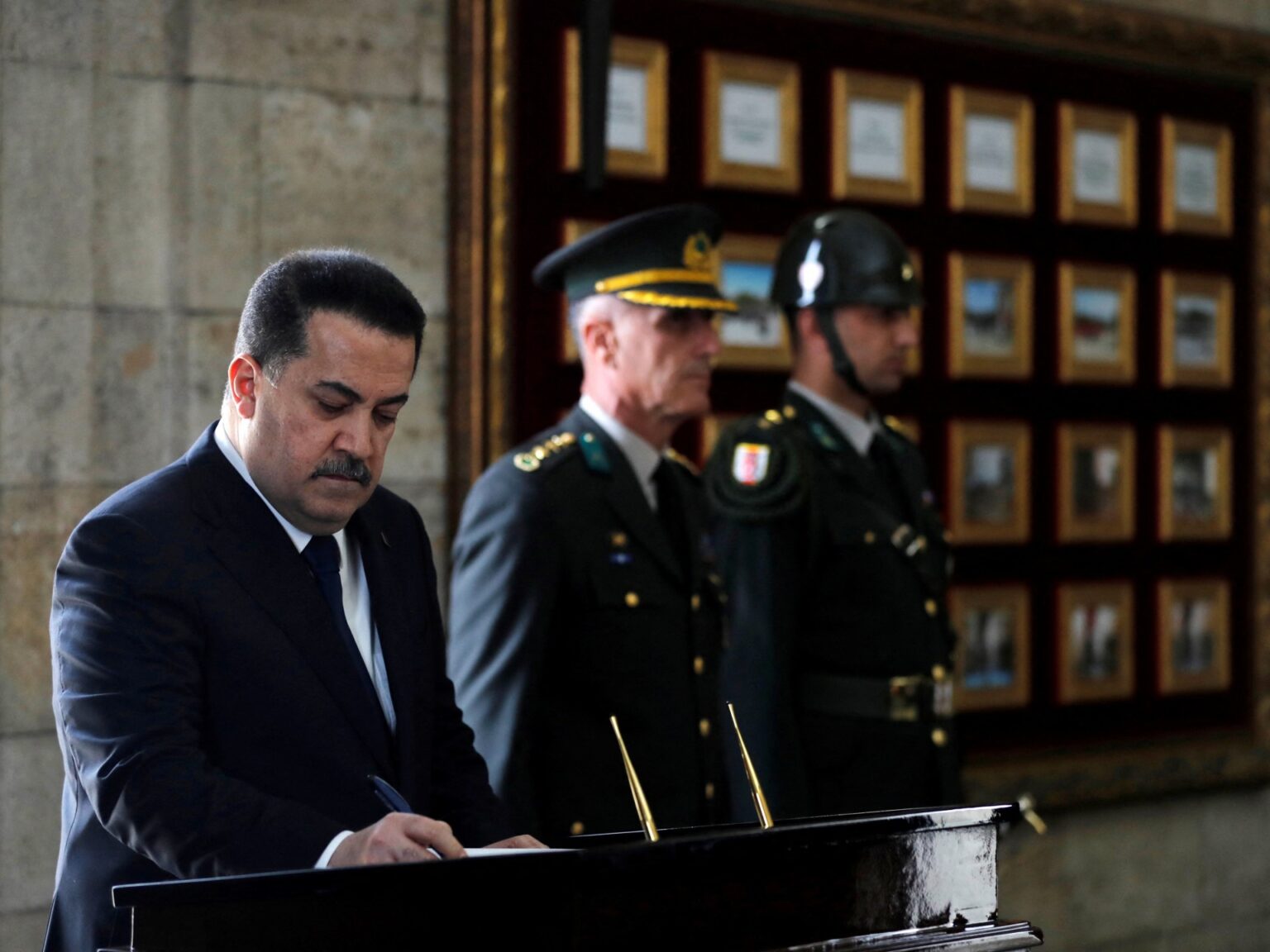Officials say prisons at almost double capacity earlier this month.
Iraq has released more than 19,000 prisoners under a sweeping amnesty law designed to relieve pressure on its overcrowded prison system, including inmates convicted of being members of ISIL (ISIS).
The move offers legal reprieves to some individuals convicted on terrorism-related charges, judicial authorities said on Tuesday.
The law has also halted all executions, including for former ISIL members. The group once controlled nearly a third of Iraq’s territory after sweeping across the country in 2014, capturing major cities, including Mosul, Tikrit and Fallujah, before they were vanquished in 2017.
The years of their control killed thousands of people, displaced hundreds of thousands, decimated the Yazidi population and left vast areas in ruins. Many members were arrested as Iraqi forces retook ISIL-held areas.
The amnesty law, enacted in January, allows certain prisoners convicted of belonging to armed groups to seek release, a retrial or have their cases dismissed. However, those found guilty of killings linked to “extremism” are excluded from eligibility.
The legislation was strongly backed by Sunni lawmakers, many of whom have long argued that anti-terrorism laws disproportionately targeted Sunni communities in the years after Iraq’s clampdown on ISIL.
Detainees will now be permitted to request retrials if they claim their confessions were obtained through torture or coercion while in custody.
After a meeting in Baghdad chaired by Supreme Judicial Council President Faeq Zeidan, officials confirmed that 19,381 prisoners had been freed from January to April.
The total number of individuals benefitting from the law – including those sentenced in absentia, granted bail or with arrest warrants lifted – now stands at 93,597, according to a statement issued after the meeting.
The reforms come amid mounting pressure on Iraq’s penal system. Justice Minister Khalid Shwani said this month that the country’s 31 prisons held about 65,000 inmates – nearly double their intended capacity.
“When we took office, overcrowding stood at 300 percent,” he told The Associated Press news agency. “After two years of reform, we’ve reduced it to 200 percent. Our goal is to bring that down to 100 percent by next year in line with international standards.”
Thousands more people remain in the custody of Iraq’s security forces but have yet to be transferred to the Ministry of Justice due to lack of space.
Among those released under the new amnesty are individuals convicted of nonviolent crimes such as corruption, theft and drug use.
Iraq has faced international criticism for its use of the death penalty. Rights groups have condemned mass executions and opaque legal processes, including carrying out death sentences without notifying prisoners’ families or legal representatives.
Last month, Amnesty International expressed concern after at least 13 men were put to death in Nasiriya Central Prison in the southern governorate of Thi Qar following their convictions on “overly broad and vague terrorism charges”.

